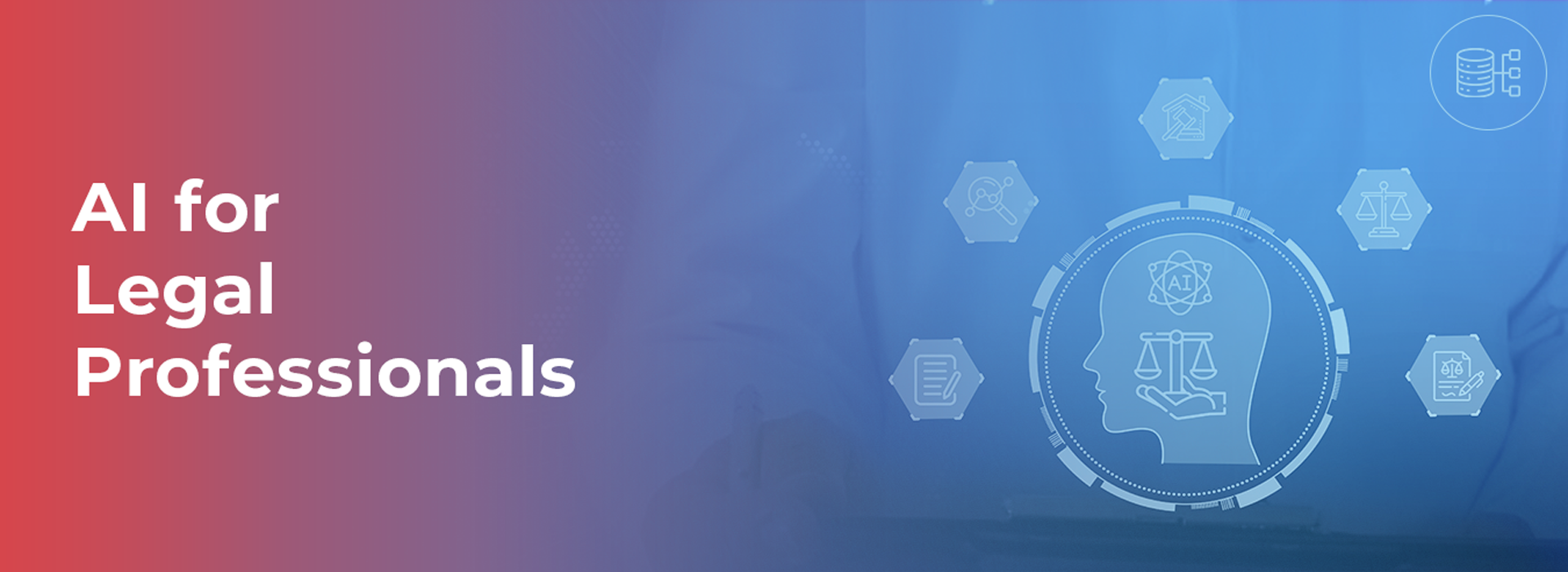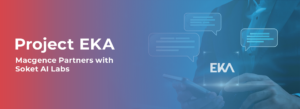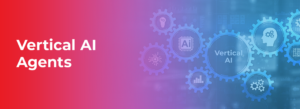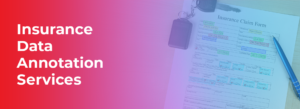- The Evolution of AI in the Legal Industry
- How Can Law Firms Utilize AI Technology?
- Addressing Concerns And Misinterpretations
- Practical Examples of AI within the Legal Sphere
- Elevating Primary Legal Activities with AI
- The Legal Sector and The Future of AI
- Guidelines on how to incorporate AI in your legal business
- Concluding Remarks: The Role of Artificial Intelligence in Legal Practice
AI for Legal Professionals: Transforming the Future of Law
Artificial Intelligence is no longer a topic limited to sci-fi lovers or technology developers. It has escalated into an area of interest for every sector, and amongst these, the legal sector seems to be undergoing a great change. For legal practices and law firms, AI is enabling innovation, accuracy, and efficiency. From conducting legal-research to analyzing contracts, it is doing it all.
In this blog, professionals in the legal sector will be able to understand the potential of AI, how it can augment their practice, and adopt AI tools effectively. We will examine how AI can help the legal industry, outline its pros, discuss the common misconceptions, and give useful tips on effective integration of AI in law practice.
The Evolution of AI in the Legal Industry
The indexation of case laws for legal research marked the first implementation of AI for Legal Professionals in the law sector. This was followed by automated document drafting, predictive analytics, and even e-discovery during litigations. Today, advanced AI technologies leverage natural language processing and machine learning to analyze vast amounts of legal information, enabling lawyers to focus their time on more valuable and strategic activities.
Today, rather than simply being a tool in a lawyer’s toolbox, AI in law firms is emerging as a fundamental resource for strategy development.
Those firms that integrate AI tools into their operations are gaining a market edge faster, increasing accuracy, and cutting costs for their clients.
How Can Law Firms Utilize AI Technology?
The adoption of artificial intelligence in the legal workflow processes translates to significant advantage for law practices, some of which are:
1. Time Efficiency
AI can banish thousands of documents in a misplaced time frame. It completes tasks like legal research, investigations, reviews, and discoveries much faster than any human can achieve.
2. Cost Reduction
As machines handle the monotonous and less important tasks, law firms do not require additional manpower, thereby lowering the operational costs as well as client fees.
3. Greater Precision
Experienced lawyers are still prone to legal error. AI tools diminish human lapses in judgment by checking for discrepancies in documents, contracts, legal compliance, and inconsistencies.
4. Better Relationship Management
Legal professionals can now give more attention to detail and personalize the legal advice and solutions provided to clients, improving the client relationship and overall satisfaction with legal services.
Addressing Concerns And Misinterpretations
Misunderstanding AI usually leads to reluctance and unfavorable views about the technology most common in the legal workforce are:
Concerns over Losing Employment: AI is not created to replace lawyers but to add value through automating mundane tasks. This enables legal experts to concentrate on their strategic and consultative functions.
Data Privacy Worries: Legal experts are usually concerned with the risk of sensitive information being leaked. But even firms like Macgence that use AI accept the risk because they know that compliance and data protection measures are more than enough to safeguard the client’s data.
Shifting the Complexity Misunderstanding: There are people who believe that the complexity of artificial intelligence tools makes them impossible to integrate without adequate skills. However, modern tools are built in such a way that training is hardly necessary.
Practical Examples of AI within the Legal Sphere
Case Study 1: Improving the Efficiency of Contract Review
A mid-sized law firm adopted an AI contract review application for their client agreements. The tool flagged risky and inconsistent clauses among hundreds of contracts. This cut review time by sixty percent and reduced the chances of mistakes.
Case Study 2: Making Legal Research More Efficient
With Macgence’s AI-powered research assistants, lawyers were able to find relevant cases and precedents within commercial databases almost instantly. This meant they could spend less time searching and more time planning.
Case Study 3: Litigation Analysis with Predictive Models
Law firms started using predictive technologies to estimate the outcomes of litigation. This assisted the clients in choosing whether to settle or go to trial. This approach has saved a lot of time and money.
Elevating Primary Legal Activities with AI
1. Legal Research
Sifting through case law is an extremely tedious and time consuming task. The Macgences of this world is capable of conducting advanced searches and retrieving relevant cases, statutes, or regulations within a few seconds.
2. Contract Analysis
AI can analyze enormous contracts, detect important keywords, mark abnormalities, and make suggestions for changes. All these, while ensuring lawyers can dedicate more time to negotiation.
3. Predictive Analysis
These AI tools use predictive analytics to study previous events in order to make educated guesses about case results, legal risks, and effective strategies for the legal team.
4. E-Discovery
In the course of litigation, AI tools can extract relevant information from emails, documents, and other collections, allowing the lawyers to save a lot of time and effort, while increasing productivity.
The Legal Sector and The Future of AI
The advancement of AI for Legal Professionals greatly increases efficiency and accuracy within the legal sphere, paving the way for a broader array of applications such as the development of smart contracts, AI-powered virtual legal assistants, and summary sentiment analysis for arbitration decision-making.
Legal tools driven by artificial intelligence will become more and more deeply rooted in the sphere of practicing law, and failure to adapt to these changes will result in a disadvantage among the rivaling firms. There is no need to wonder why investing in AI is crucial, such measures become imperative if lasting success is to be attained.
Guidelines on how to incorporate AI in your legal business
Strive for simplicity: An easy and effective way to incorporate AI tools is to tackle a single goal, such as legal research or contract analysis.
Select The Best Vendor: Work together with a trustworthy vendor like Macgence that has experience in providing data solutions for AI/ML model training and privacy compliance.
Skill Enhancement: Train your staff on the application of AI tools. Attend onboarding training sessions or seminars that your vendor provides.
Evaluate And Improve: Monitor performance, feedback, and continual improvements after applying AI in your practice to processes to ensure maximum efficiency.
Concluding Remarks: The Role of Artificial Intelligence in Legal Practice
AI is transforming the legal sector, benefiting lawyers and legal practices to rethink how they operate. AI for Legal Professionals enables the automation of mundane tasks, smarter decision-making, and increased accuracy in processes, all of which enhance efficiency and provide a competitive edge, thanks to the advanced AI tools provided by Macgence.
From contract review and legal research to forecasting, AI is not an option anymore, but it is essential to elevate one’s position within a rapidly evolving environment of the legal services industry.
Would you like to explore how AI can benefit your legal business? Discover Macgence’s innovative data solutions and top-notch training models.
Common Questions
Ans: – AI enables automation of legal research, contract scrutiny, and forecasting, thus allowing lawyers to spend less time working on routine tasks and focus on more strategic matters.
Ans: – Yes, but only if you engage vendors like Macgence that are focused on ensuring data privacy and compliance for sensitive information.
Ans: – Some of the most popular tools are Macgence for AI training data, ROSS Intelligence for legal research, and Kira Systems for reviewing contracts.
You Might Like
February 28, 2025
Project EKA – Driving the Future of AI in India
Spread the loveArtificial Intelligence (AI) has long been heralded as the driving force behind global technological revolutions. But what happens when AI isn’t tailored to the needs of its diverse users? Project EKA is answering that question in India. This groundbreaking initiative aims to redefine the AI landscape, bridging the gap between India’s cultural, linguistic, […]
March 7, 2025
What is Data Annotation? And How Can It Help Build Better AI?
Spread the loveIntroduction In the world of digitalised artificial intelligence (AI) and machine learning (ML), data is the core base of innovation. However, raw data alone is not sufficient to train accurate AI models. That’s why data annotation comes forward to resolve this. It is a fundamental process that helps machines to understand and interpret […]
March 6, 2025
Vertical AI Agents: Redefining Business Efficiency and Innovation
Spread the loveThe pace of industry activity is being altered by the evolution of AI technology. Its most recent advancement represents yet another level in Vertical AI systems. This is a cross discipline form of AI strategy that aims to improve automation in decision making and task optimization by heuristically solving all encompassing problems within […]
March 5, 2025
Use of Insurance Data Annotation Services for AI/ML Models
Spread the loveThe integration of artificial intelligence (AI) and machine learning (ML) is rapidly transforming the insurance industry. In order to build reliable AI/ML models, however, thorough data annotation is necessary. Insurance data annotation is a key step in enabling automated systems to read complex insurance documents, identify fraud, and optimize claim processing. If you […]


 Previous Blog
Previous Blog







